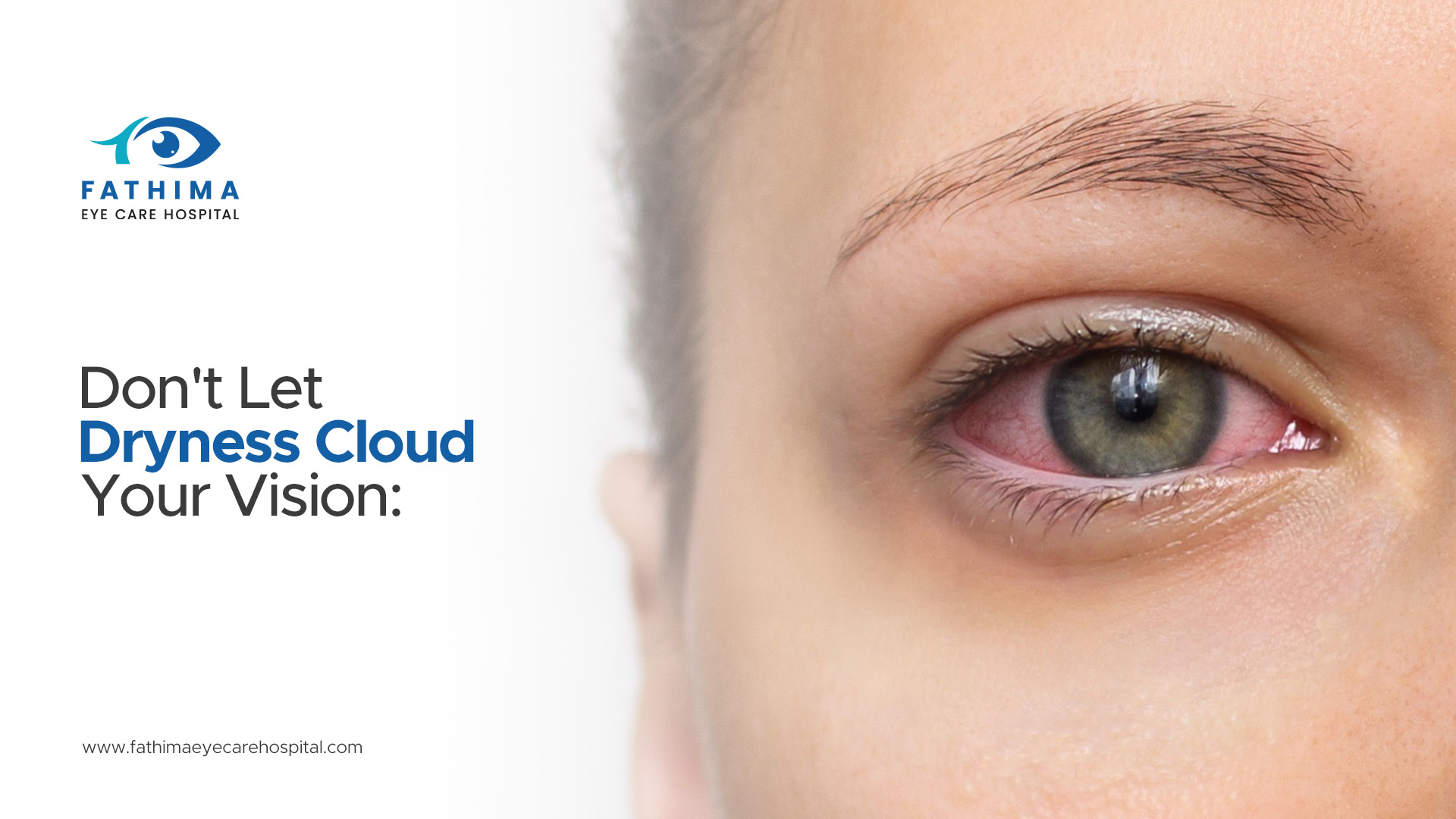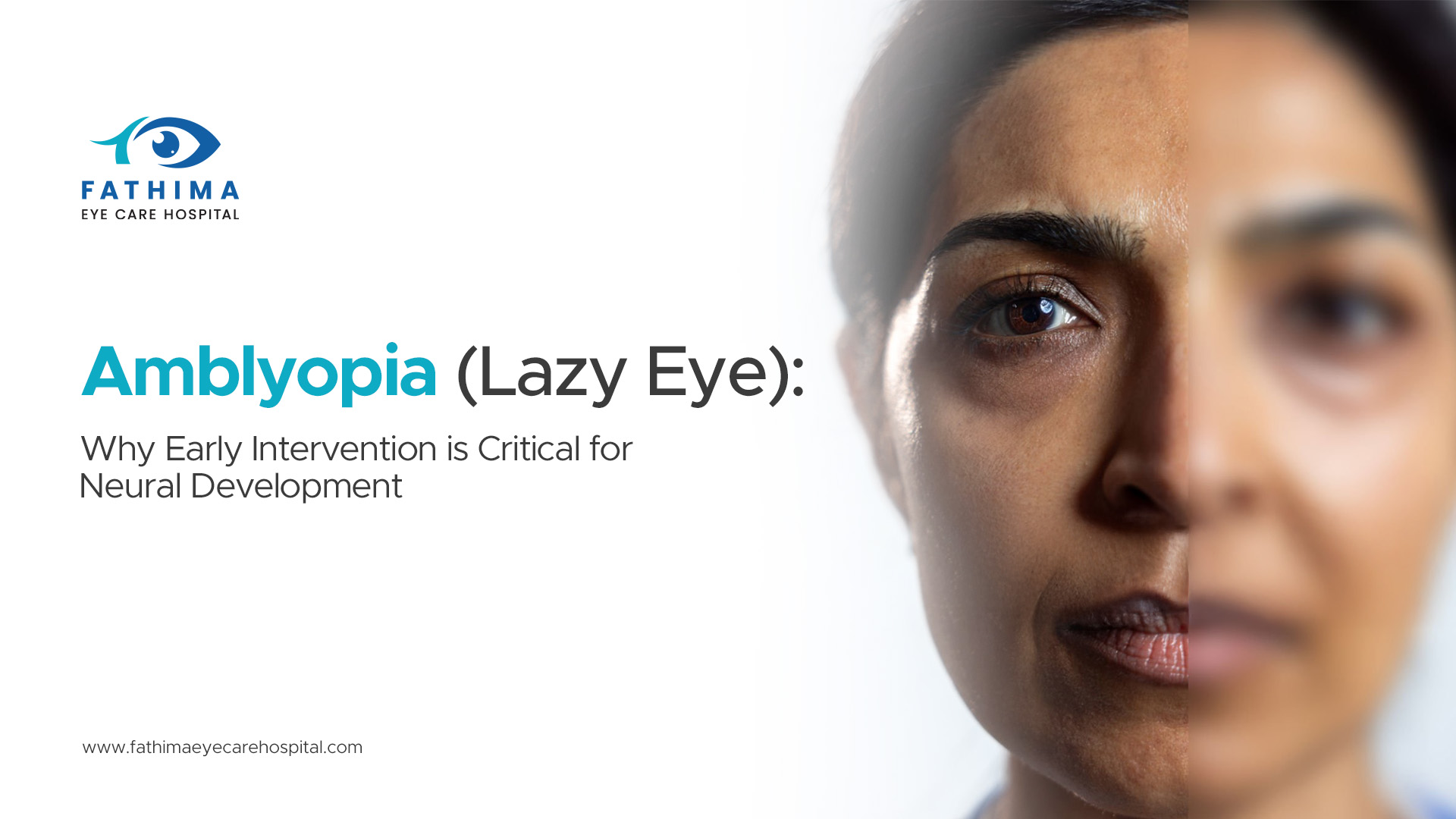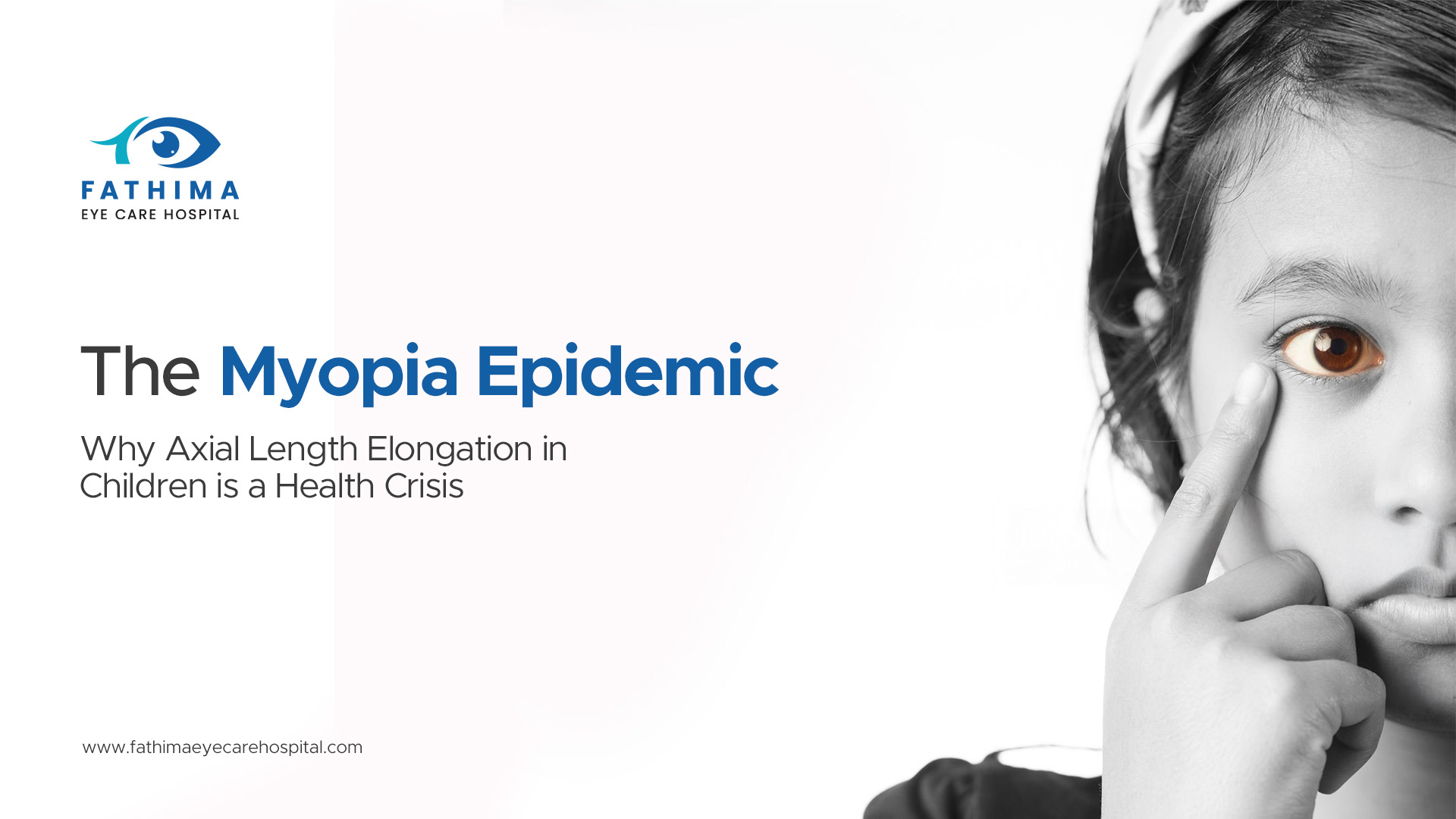

Our eyes are probably one of the most precious organs in our body, which most of us tend to overlook. We navigate the world around us seamlessly with our eyes, and when we fail to care for them properly, they can deteriorate gradually, resulting in visual impairment or even blindness.
So, we’ll navigate through the importance of regular eye checkups, eye care tips, how to prevent eye strain, and nutrition to boost eye health. No matter what your age is, having a great idea of vision care is vital for maintaining long-term vision and quality of life.
Why Are Regular Eye Checkups Important?
Scheduling eye exams on a regular basis is the best thing you can do to ensure optimal eye health. The reason why you should emphasise eye exams is that it helps identify any possible eye problems beforehand, allowing for timely treatment and avoiding more damage. Be it young or old, regular eye checkups are suggested for all. However, the regularity of exams is determined by different factors, like age, family history, and preexisting eye problems.
How Often Should I Go for an Eye Exam?
Children: According to the American Academy of Ophthalmology, a child should go for an eye exam for the first time at 6 months. The second eye exam must be done when they become 3 and prior to school going. Once they start school, parents should schedule an eye exam every two years.
Adults: If you’re someone who isn’t experiencing any signs of vision problems, it’s recommended to get your eyes checked every 2 years. But regular eye exams are a must if you’re someone with a risk factor, such as a family history of eye disease, diabetes, or high BP.
Seniors: Seniors are more prone to developing eye health issues such as glaucoma, macular degeneration, and cataracts. Therefore, it’s important that they should go for eye exams every year.
Eye exams don’t just help understand vision clarity but also underlying diseases like high BP, diabetes, and even cancers. Preventive eye care with routine eye exams is a proactive vision care strategy.
Preventive Eye Care
Give Up Smoking: Giving up smoking comes with a host of health benefits that are proven. Do you know that your eyes will be damaged due to smoking? It can put you at risk of vision problems such as macular degeneration and cataracts and problems associated with cardiovascular disease.
Avoid Eye Injury: One of the most overlooked preventive eye care measures is avoiding any sort of eye injury. Most of the vision loss caused by injury can be prevented by using protective eyewear during any sort of activity such as sports, home maintenance, and repairs.
You can safeguard yourself from harmful UV rays and minimise your likelihood of some eye conditions by wearing sunglasses, hats, and ski goggles outdoors. In an unforeseen circumstance where your eyes get injured, be sure to visit your eye doctor right away.
Refrain from touching, rubbing, or pressuring your eyes. Also make sure you don’t try to get rid of anything stuck in your eyes on your own. Also, avoid application of medicines or ointments to your eyes without consulting an eye doctor.
Be Careful With Makeup
You might be thinking that makeup may not cause harm to your eyes. However, it’s far from the truth. Makeup products can lead to vision-impairing eye infections. But you can effortlessly avert the danger by sticking to some standards. Do not share your eye makeup with others. Make sure you get rid of eye makeup before sleep. Use new eye makeup for not more than three months.
Stay Hydrated
Keeping yourself hydrated is vital not just for your holistic health but for eye health as well. When you drink plenty of water, the moisture levels of your eyes will be great, minimising any kind of dryness and discomfort. Develop a habit of drinking a lot of water every 1 hour and following a water-rich diet including cucumbers, oranges, etc.

Also read: Common Pediatric Eye Problems Demystified: What Parents Should Know
Foods to Include in Your Diet for Better Vision
Our choice of food influences our holistic health and our eye health. Some foods contain nutrients that support great vision and avoid any vision problems.
How to Improve Eyesight With Essential Nutrients
Vitamin A: If you’re having a vitamin A-rich diet, then you’ll have great eyesight and avoid eye conditions such as night blindness. It also plays a pivotal role in the health of your cornea and retina. Some of the foods rich in vitamin A that you can include in your diet are carrots, leafy greens, eggs, sweet potatoes, citrus fruits, nuts, and seeds.
Vitamin C: Beneficial for its antioxidant properties, this vitamin plays a pivotal role in eye health, like safeguarding eyes from damage due to free radicals. It can also minimise the likelihood of cataracts and supports eye blood vessels. Include vitamin C-abundant foods in your diet, such as citrus fruits, strawberries, papayas, broccoli, and red and green peppers.
Vitamin E: Vitamin E is vital to safeguard the eyes from oxidative stress and may minimise the chances of eye conditions such as cataracts and macular degeneration seen in the elderly. Some of the foods rich in vitamin E that you can include in your diet are almonds, peanuts, fish like salmon, avocados, mangoes, kiwis, and more.
Omega-3 Fatty Acids: These healthy fats play a major role in maintaining your retina’s health and minimising the likelihood of dry eyes. Be sure to have foods such as mackerel, salmon, flax seeds, chia seeds, walnuts, soybeans, spinach, and more.
Lutein and Zeaxanthin: They are dietary carotenoids instrumental in shielding dangerous blue light, thus safeguarding the retina. The best sources of these antioxidants are dark leafy greens, egg yolks, raw pistachios, bell peppers, kiwi, grapes, oranges, and more.
Zinc: It’s a mineral vital for the maintenance of the retina and may minimise the chances of age-related macular degeneration. This mineral is abundant in cashews, dairy products, pumpkin seeds, mushrooms, eggs, dark chocolate, meat, and lentils.
How to Protect Your Eyes When Using a Computer
It’s been said that we spend more hours on our smartphones and PCs than the hours we actually spend sleeping. But this can pose a variety of eye conditions, such as blurred vision, dryness, and digital eye strain. However, by adopting best eye care practices, you can keep your eye conditions at bay.
Eye Care Measures to Prevent Digital Eye Strain
Stick to the 20-20-20 rule: For each 20 minutes, pause your screen time for 20 seconds and look at something 20 feet away. Repeat this throughout your screen time. This practice can help minimise eye strain.
Blink Often: One reason why regular computer users suffer from dry eyes is prolonged staring at the screen, since we don’t blink much at that time. Be sure to blink often to retain the lubrication in your eyes.
Change Your Screen Settings: Make certain that your PC is placed at a cosy angle, which is 20 to 30 inches away from your eyes and 10-15 degrees below eye level. And to prevent glare, change your PC’s brightness and contrast.
Use Artificial Tears: Suffering from dry eyes because of prolonged screen time? Then artificial tears are the answer! Go for lubricating eye drops to retain moisture in your eyes.
Ensure Proper Lighting: Do not expose yourself to harsh lighting that can lead to screen glaring; for example, never place your PC in such a way that it’s in direct sunlight.
Use Blue Light Glasses: Digital eye strain can be minimised and sleep quality can be enhanced by using special glasses made to block blue light expelled by screens.
Consequences of Prolonged Screen Time
Although the mentioned tips can help reduce any kind of discomfort, it’s essential to understand that prolonged screen time can result in permanent damage to your eyes. According to research, continuous exposure to blue light expelled by the PCs and laptops can result in macular degeneration, a reason why the elderly go blind. Besides, prolonged screen exposure can raise the chances of nearsightedness, particularly in children. Adopting healthy screen habits early on can avoid aggravation of these issues in the future.

Also read: Dry Eyes – Causes, Prevention, and Treatment Options
Maintain Optimal Eye Health With These Lifestyle Tips
Besides following best eye care practices, making some lifestyle changes can ensure optimal eye health.
Get Sufficient Sleep
Sleep is vital for holistic health and well-being and is instrumental in maintaining great eye health. With less sleep, you will suffer from dry eyes, blurred eyesight, and eye strain. Establish a sleep cycle and prioritise sleeping for a minimum of 8 hours to give your eyes sufficient rest.
Wear Sunglasses
Your chances of cataracts and other eye diseases rise when you expose yourself to UV rays. When you go out, even if it’s cloudy outside, be sure to wear sunglasses that completely block the UVA and UVB rays.
Exercise Regularly
Exercising daily enhances circulation and minimises the likelihood of eye conditions related to high BP, like glaucoma. The benefits are not just related to your eye health but also to your overall health.
Protect Your Vision With These Simple Measures and Regular Eye Checkups
Ensuring your eyes are in top condition involves something beyond normal check-ups. By introducing healthy habits into your everyday routine, like eating nutrient-rich food, minimising screen time, using protective eyewear, and prioritising exercise, you can protect your eyes for the long term. No matter your age, now is the right time to start vision care. Through following these steps, you will be ready to embrace a lifetime of better vision. Start it right away with Fathima Eye Care Hospitals! By ensuring regular eye checkups, we make sure that your eyes are free from any underlying conditions and prevent any future problems.






